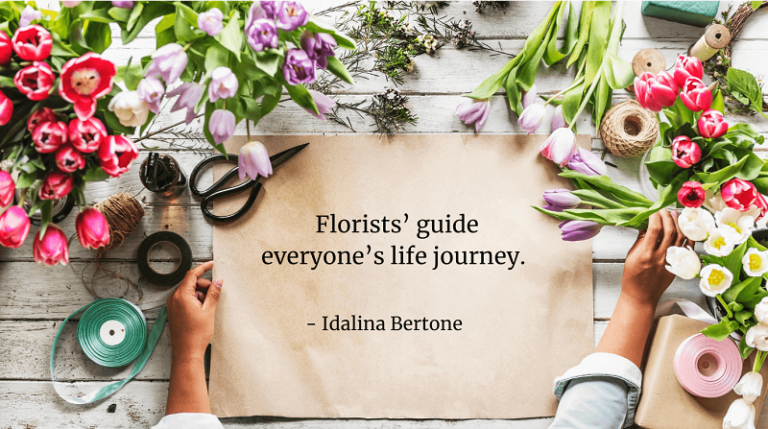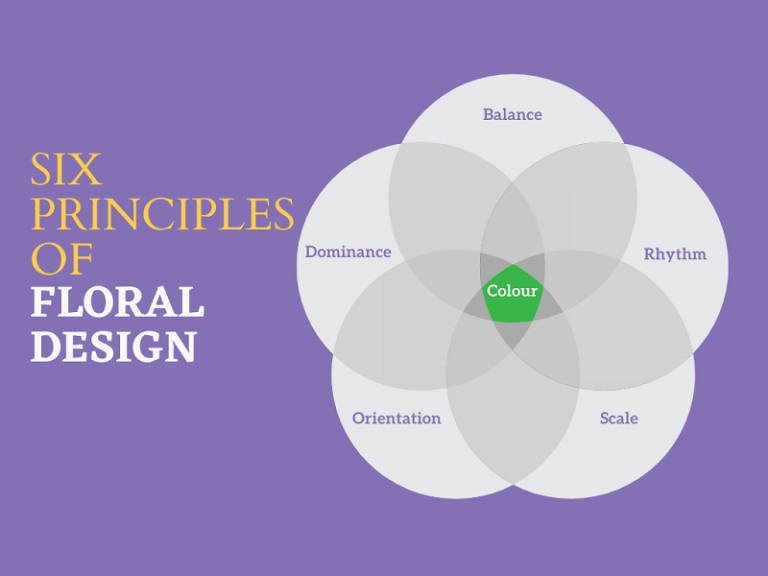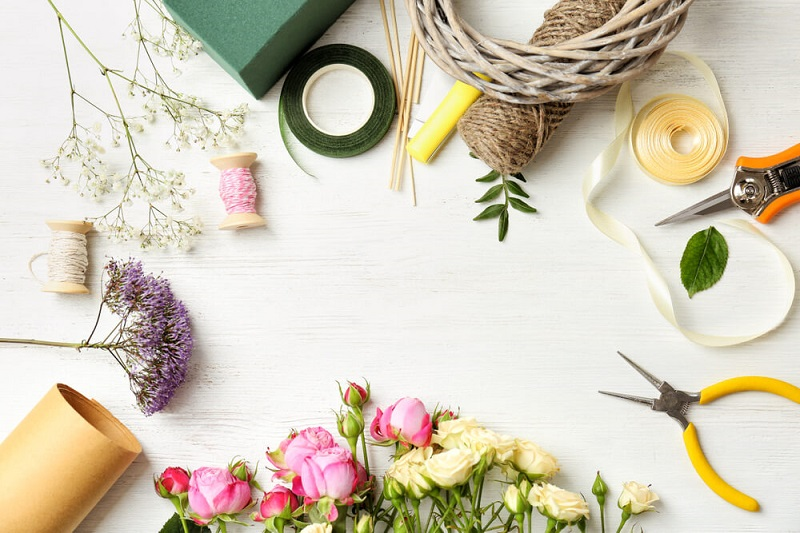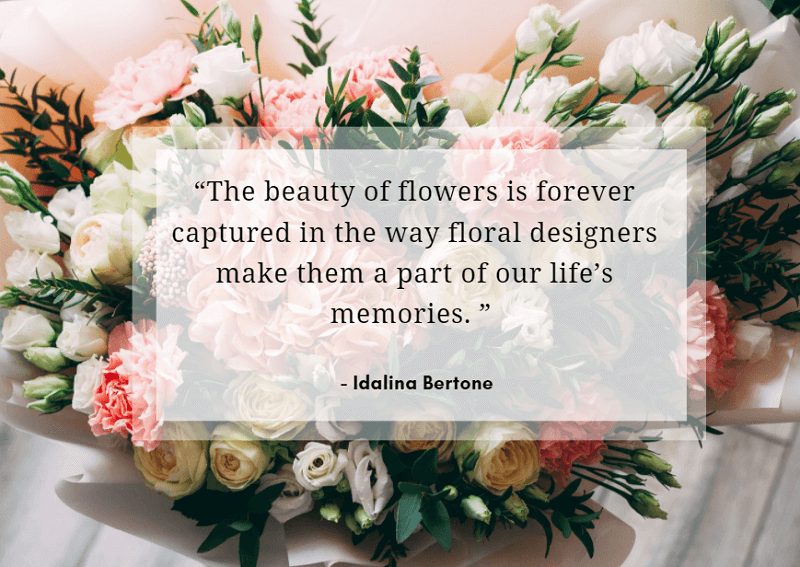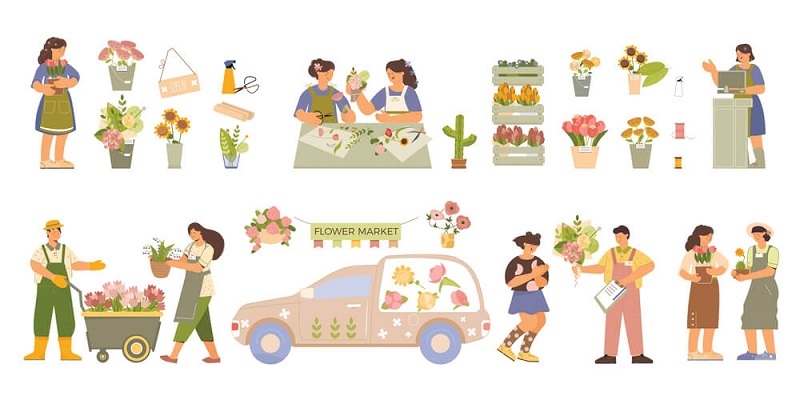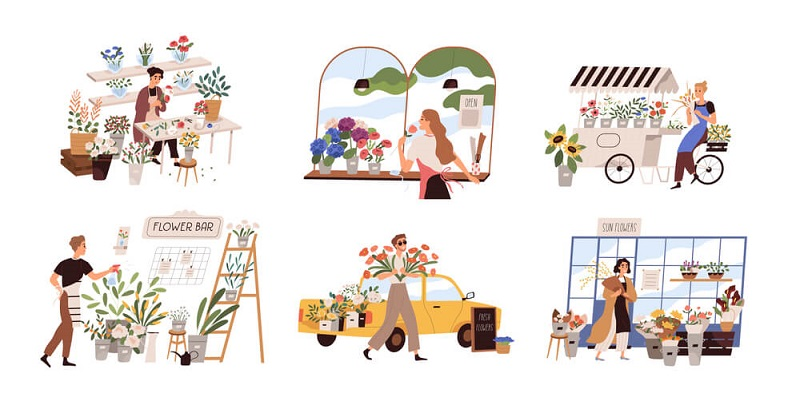How to Become a Florist?
First of all, you don’t need any formal qualifications to become a Florist. But can get into this profession with a college degree, through apprenticeships or by working towards this role.
What qualifications do you need to become a florist? To become a florist, you can have a high school diploma or a GED. In addition, classes in botany, biology, art, or design will prepare you for entry into this field.
If you want to do a college course to learn the skills and knowledge you need in this job; you can take these courses –
The second route to becoming a florist is through apprenticeship. In apprenticeship based work placement, you will get the opportunity to learn on the job at an actual floristry business. However, the apprenticeship will still be managed by a college or educational institute. And this is mostly for people who currently work, or at least have some experience in floristry.
The best part of an apprenticeship is that you get paid while getting valuable experiences of working in the industry. So take a leap and work one prom season in the local floral shop and see if it’s your cup of tea.


![]() 12 minutes
12 minutes

